In the landscape of human decision-making, the dynamic between reason and passion has long intrigued philosophers. David Hume, the 18th-century empiricist, famously argued that passion is the true driver of human actions and that reason, while important, is ultimately the servant of our desires. This idea resonates in many areas of life, from corporate boardrooms to public policy, where decisions that seem purely rational often have emotional roots. Immanuel Kant, on the other hand, proposed that while we may be …
Category: Articles
Embracing chaos and leveraging determinism. This approach is like walking a tightrope: on one side, you accept that life is unpredictable and chaotic, but on the other, you recognize that understanding causality and planning can help you navigate that chaos more effectively. Determinism, at its core, holds that events are caused by preceding factors. If we can identify those factors and understand their relationships, we can anticipate outcomes and influence them to some degree. This doesn’t negate chaos—it works alongside …
Maslow’s Theory of Needs comes in very handy every time we have to visualize the hierarchical order of human needs. As humans, it is good to know and recognize emotions. Neurotransmitters – the body’s special chemicals that influence our moods or emotions. Understanding them gives further insights into emotions. Key Insights. 8 to 15%* of the time, we are not in charge of our moods/actions. We can thank our Autonomic Nervous System for that. For example, …
In a world of ever-changing existential variables, the ultimate, universal pursuit will be the pursuit of equilibrium, attaining a balance flow of events in an entity’s environment. Often this equilibrium is driven by an anchor – an unfailing or seemingly unfailing “support system”. For example, for some, this takes the form of the supernatural, a God. And for others, a systematic machination of will, perspectives, logic, principles and experiences. Or even a combination of the above or of some other …
We’re often taken aback when we observe certain individuals exhibit habits or behaviours we thought they were incapable of. But if we consider that these individuals often did not just wake up and change, we might understand the phenomenon. “Harmless” compromises are the inception that culminate at the very behaviour or habit that shocks us. It all begins with one compromise which the individual takes for granted. “It’s just this time”. “It won’t happen again”. Well, until it’s happening for …
The effectiveness of morality from the perspectives of many practitioners derives from its universality. But if the universality of morality is an impractical feat, how do we materialise and sustain a truly moral world? If we truly reside in a “jungle” where “survival of the fittest” is the order of the day, who shall weaken their boundaries to reach out to the other? In the midst of finite resources, can rising and lifting others up be mutually non-exclusive? The Walking …
The Matrix’s character, The Architect once said “HOPE is the quintessential human delusion, simultaneously the source of our greatest strength, and our greatest weakness.” Powerful and very true words, right? 😊 Now, let us do something thinking around this. Take for instance humanity’s greatest single source of hope: Religion. Imagine if we thought the very outcomes of all our decisions, struggles, futures, solely rested on our own efforts. And that in the event of a failure or success we cannot …
Bold and admirable efforts from camp Kennedy Agyapong to stoke the fires that keep the spirit of a sanitised society alive. But I am afraid these efforts are largely in futility. Largely. Why do I say so? As long as we live and exist in a society that perpetuate an overarching religious reverence, it will be impossible to tear down “bad nuts” no matter how bad these nuts are or may seem. After all, the distinction is always not clear …
Models – structures and instruments meant to guide behaviours and actions. Things that are most certainly, an idealist’s paradise. But wait. How do you mould behaviours for a specie whose definitive traits are saturated with whims and subjective undertakings. Models themselves are not things of perpetual universal validity. They are and should be subject to continuous scrutiny. Even those emanating from unverified divine sources (insert a non-theist smirk 😏). So what’s point? Not regarding these models as untouchable overarching behaviour …
Do we act out of optimism or from the believe that there is no alternative to the action? Could have an inaction or different action yielded a better outcome? Would we break the familiarity to find out or we shall continue onward with the action? Maybe if we had the time stone like Dr. Strange, we could run the odds for every action. 🙂 …
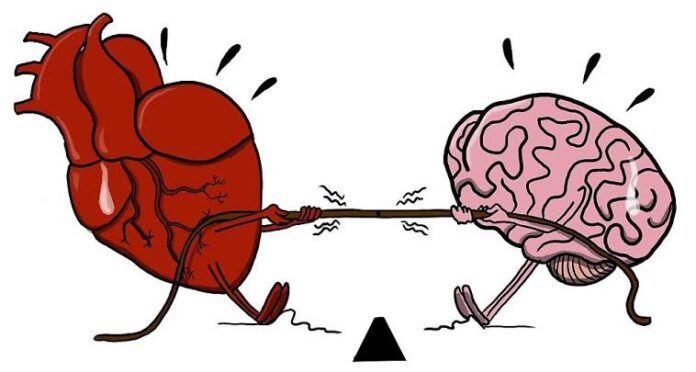

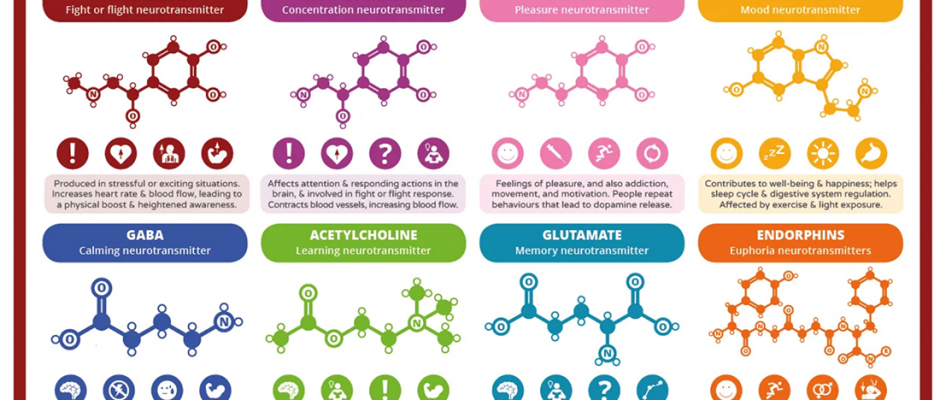
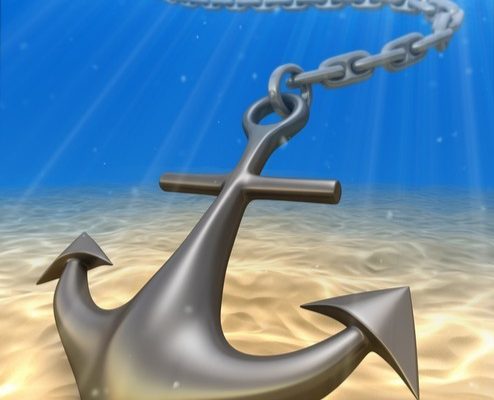

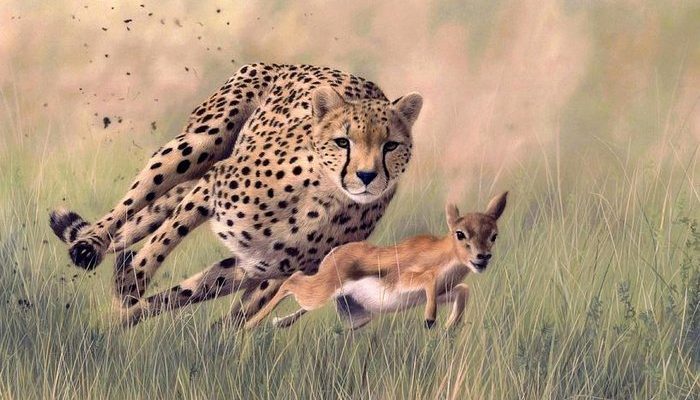

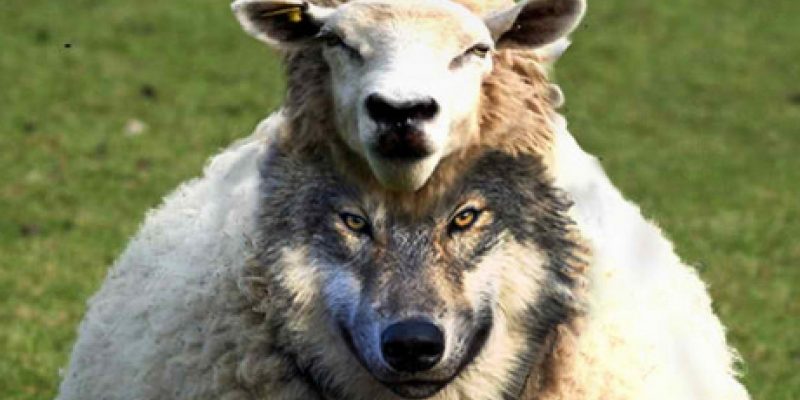
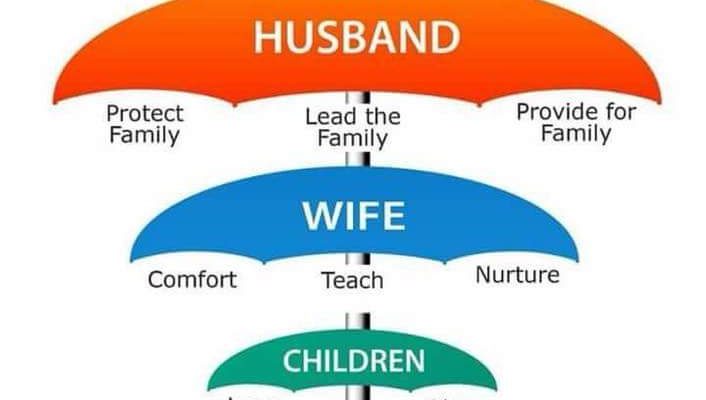
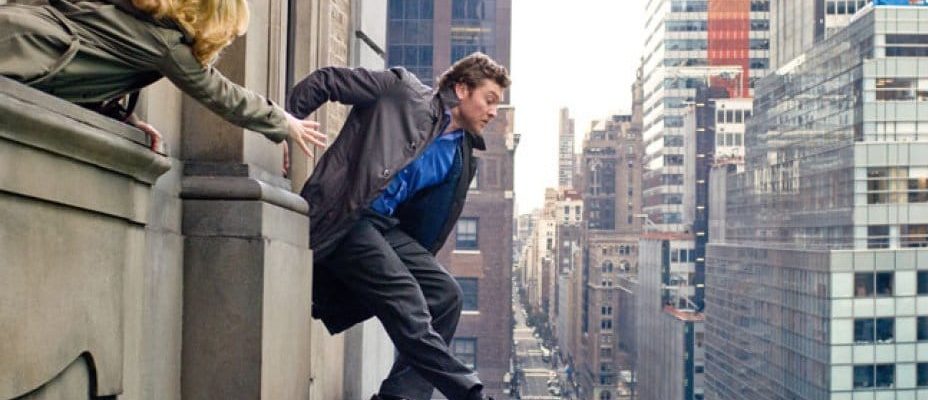





Social Profiles